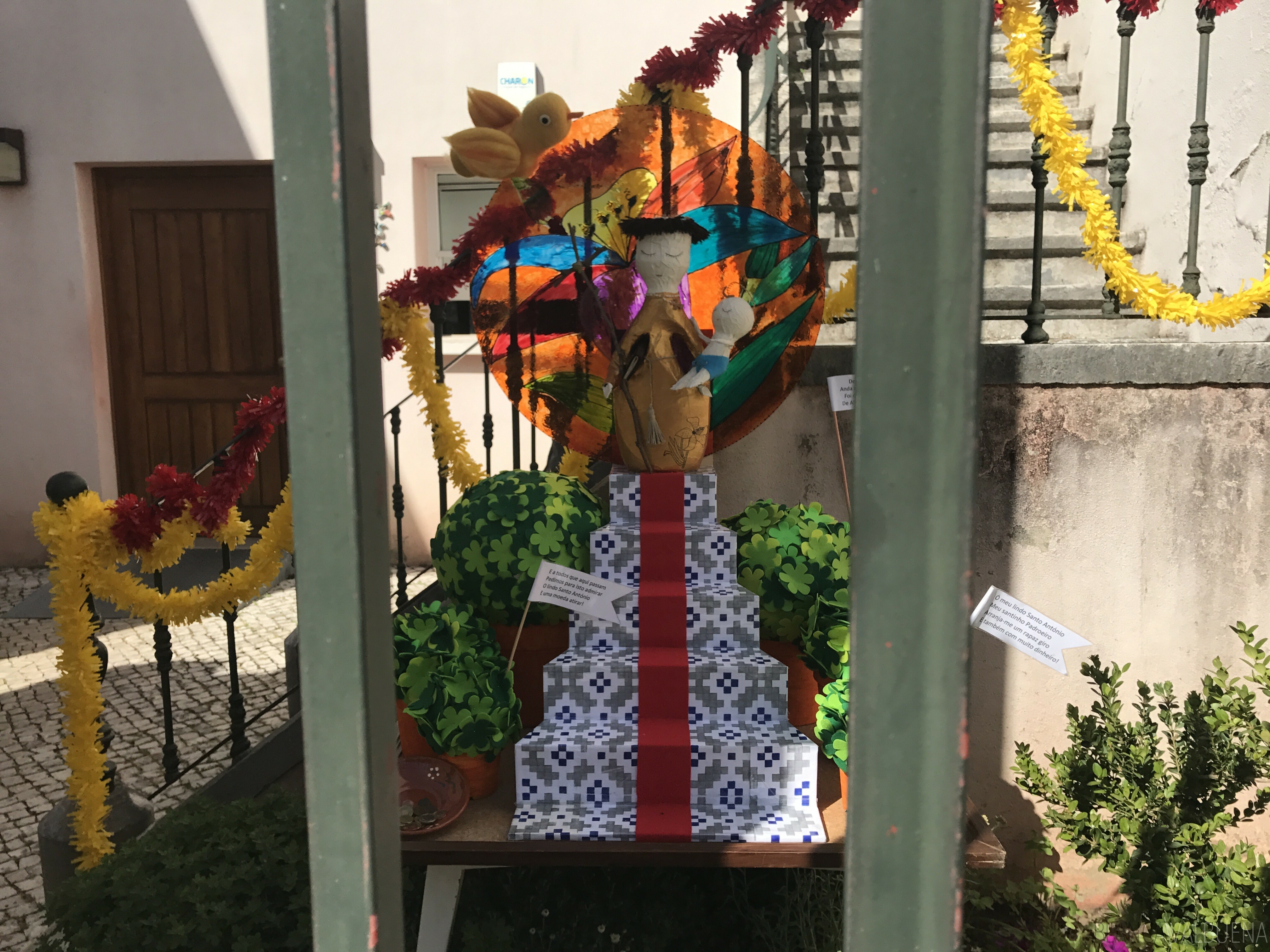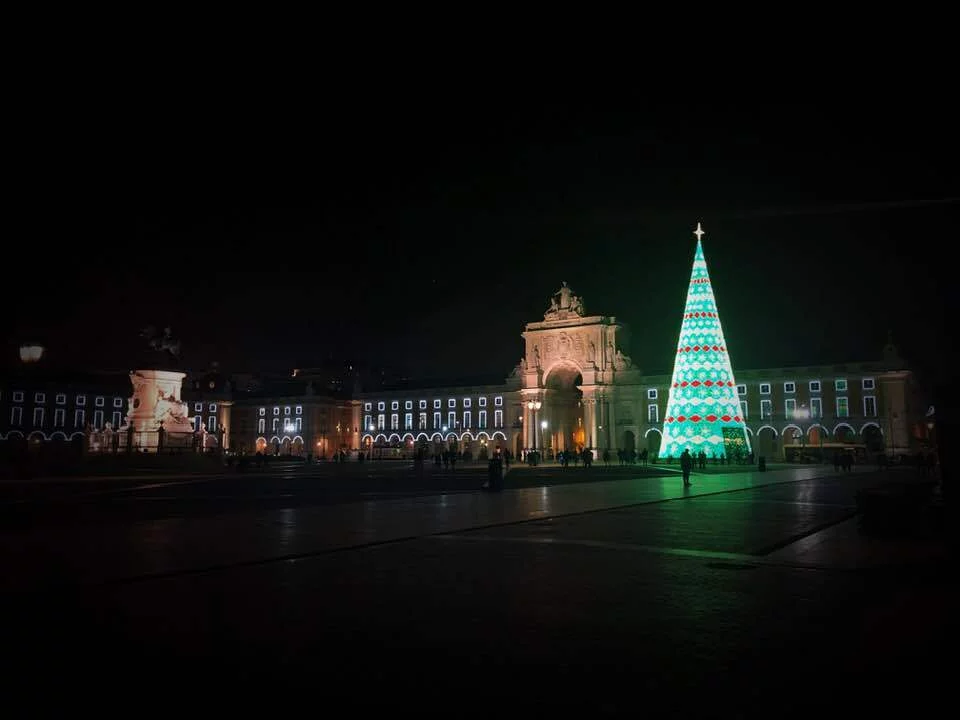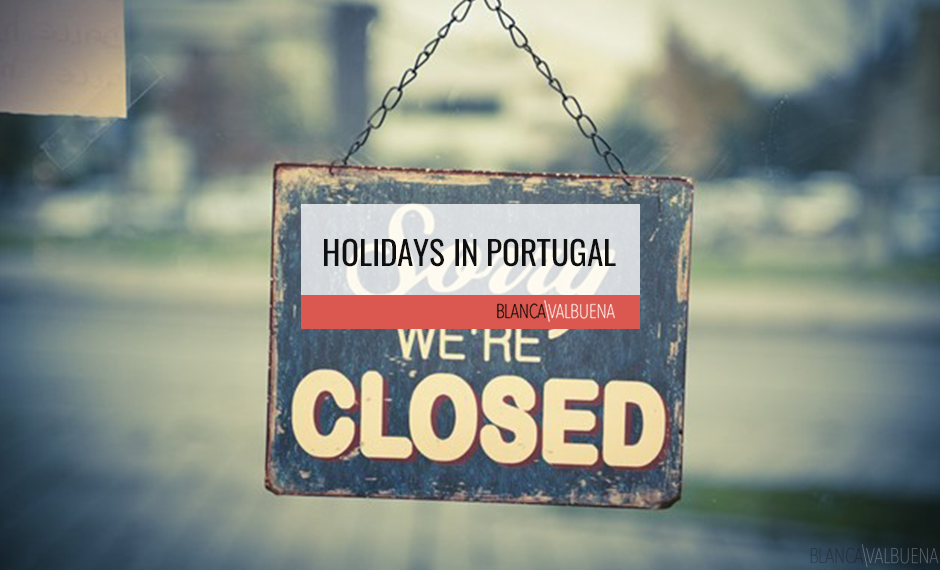***Updated for 2023
Here’s something that happens to everyone who has just moved to Portugal. You just arrived and find that you need to buy a blow dryer or some other sort of electronic. You go to one of the many stores where you can buy electronics in Lisbon. You head out and the first shop is closed. Second shop? Closed too. WTF. You slowly start to realize it must be a one of many Portuguese Holidays. So you saunter back home and tell your significant other that you have failed on your mission to help her have great hair. On a good note, things have gotten much better since I started coming here in 2014. More and more things stay open with the rise of immigration and tourism.
Here is a list of holidays in Portugal to remove some of this failure from your life.
Complete List Of Portuguese Holidays
1 Jan 21 Feb | Sun Tue | New Year’s Day Carnaval |
| 7 Apr | Fri | Good Friday |
| 9 Apr | Sun | Easter Sunday |
| 25 Apr | Tue | Liberation Day |
| 1 May | Mon | Labor Day |
| 10 Jun | Sat | Portugal Day |
| 8 Jun | Thu | Corpus Christi |
| 15 Aug | Tue | Assumption Day |
| 5 Oct | Thu | Republic Day |
| 1 Nov | Wed | All Saints’ Day |
| 1 Dec | Fri | Independence Restoration Day |
| 8 Dec | Fri | Immaculate Conception |
| 25 Dec | Mon | Christmas Day |
More Information On Portuguese Holidays
New Year's Day (Ano Novo)
The first thing you need to know about New Years Day in Portugal is that you need to book early if you are planning on going to a restaurant (this is both for Porto & Lisboa) on NYE. You’ll also pay a premium to dine out on New Year’s Eve.
New Year’s Eve Customs in Portugal
- Drink sparkling Portuguese wine.
- Eat 12 raisins (one for each month of the year).
- Beat pots and pans to ward off bad spirits and bad luck for the New Year.
- Depending on what you wish to achieve for the New Year, you’ll need to pick up some undies (I love this, because in Colombia, it is tradition to wear yellow undies to ring in the New Year).
- Blue – Good luck
- Red – Love
- Brown – Career
- Yellow – Money
- White – Peace
- Green – Health
There are firework displays and parties in the major cities Lisbon, Porto, and Coimbra; but it is said that Madeira has the most impressive fireworks display.
Easter (Páscoa)
Easter Sunday celebrates the resurrection of Christ. In many of Portugal’s cities, the town priest will visit each house while carrying a Christ icon. Each member of the family will kiss Christ in reverence and as an exchange will receive the folar.
On Easter Sunday, the day that celebrates the resurrection of Jesus Christ, several traditions and rituals are followed throughout the day. One of them is the Visit of the Priest, nowadays mostly held in the villages when people receive in their homes the visit of the parish priest who carries a figure of Christ which is kissed by the faithful in exchange for the folar, which represents a small gift to the retinue. Meanwhile, on Easter Monday it is common in several regions of the country – but especially in the Alentejo – to gather the family and go on a picnic where they eat the traditional roast lamb.
Liberation Day (Carnation Revolution)
This is a great day to visit Portugal. This is the day when a military coup overthrew the regime of the Estado Novo. Almost no shots were fired, and carnations were put into the muzzles of rifles.
If you are in Lisbon, head to Avenida Liberdade for the march. There will also be concerts and events throughout the city.
Labor Day
National Day
This day commemorates the death of Luis de Camoes who wrote the Lusiadas, an epic poem to celebrate Portugal and its history. There are various military ceremonies, exhibitions, concerts, pageants and parades, and an awards ceremony by the President. Each year a different city is chosen to lead the celebration.

This is perhaps the biggest holiday in Lisbon. The entire month of June is a month of festivities, but Saint Anthony on June 12 marks the biggest celebration. There is music throughout the city, sardines are being grilled all over, and in my opinion, this is a great time to get to know the city. everything will be open and working.
Corpus Christi
Dia do Corpo de Deus moves from year to year and is usually celebrated either on a Thursday in late May or June, 60 days after Easter Sunday. This day recalls Last Supper. Religious Portuguese will go to Mass which is followed by a procession. Some cities create gorgeous carpets of flowers along the procession route. Expect shops and restaurants to be closed.
Assumption Day
Even though this is a major religious holiday, you’ll find that most people in Lisbon take the opportunity to head to the beach. Most restaurants in Lisbon were closed and I expect things were the same in most non-beach cities.
Day of the Republic
Not much of a holiday. Things run pretty well on Republic day.
All Saint's Day
This is the day when families honor their dead and visit them in the cemetery. In some cities, kids will go door to door to ask for the “Pão-por-Deus” (reminds me a bit of Halloween). This is also the day when Lisbon remembers the Earthquake of 1755, which changed the lives of all Portuguese.
Independence Restoration Day
This day celebrates the independence of Portugal from Spain, but it is not as celebrated as it was back in the day. There will be some civil celebrations throughout the country, but nothing huge or ostentatious.
Immaculate Conception
As a religious holiday, you can expect Portuguese to spend time at church and with family.
Christmas Day

The Christmas celebration is “HUGE” in Portugal (as long as you’re at home – the cities decorate, but the celebration is not anything like what you will find in cities like Strasbourg or Cali). Families will set up Nativity scenes at home, cities will be decked out in lights. On Christmas Eve, families will attend Missa do Galo (Midnight Mass) and then head home for Ceia de Natal, a feast where the menu includes:
- Codfish with boiled potatoes and cabbage
- Filhoses or filhós (fried pumpkin dough)
- Rabanadas (a sort of French toast)
- Aletria (a vermicelli sweet with eggs)
- Azevias – cakes filled with chickpeas, sugar, and orange peel
- Bolo Rei – a fruitcake
On Christmas Day, people eat consoda which includes stuffed turkey for lunch and traditional desserts. I
Christmas in Lisbon becomes a bit “bigger” each year as the holiday becomes more commercialized and as more foreigners move to Lisbon, but don’t expect anything out of this world. Hate to say it, but I miss the overly commercialised Christmas in NY, Bergdorf’s windows, and all the lights.
What is open during Portuguese Holidays?
-Markets
-Local Stores
-El Corte Ingles (open on Christmas Eve, but not Christmas Day)
-Theatres
Have more questions about Portuguese Holidays? Leave it in the comments and we’ll get back to you soon.


Comments are closed.